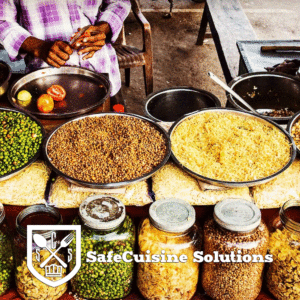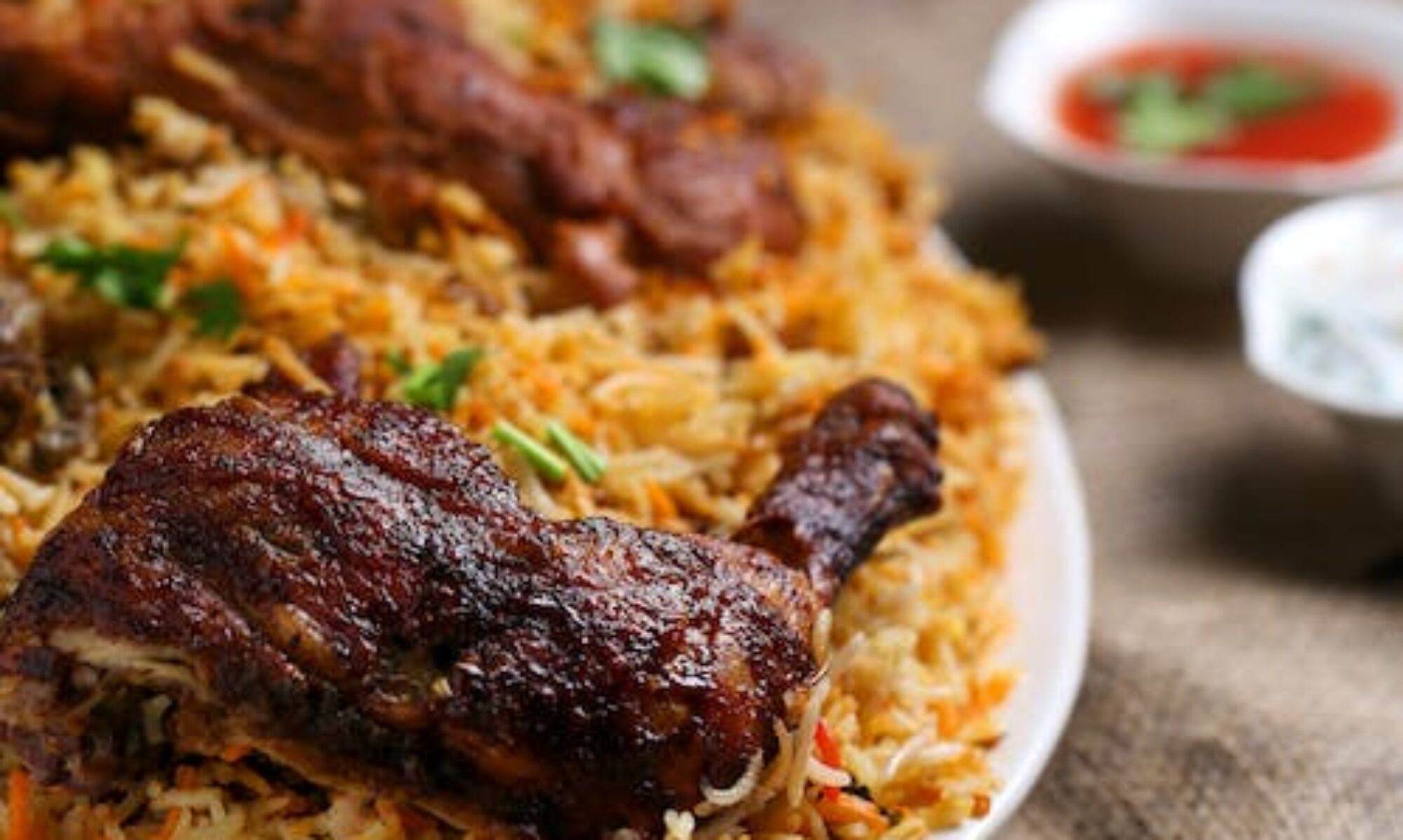
Understanding the Challenges Faced by Indian Food Establishments with Health Department Compliance
In the dynamic culinary landscape, Indian food establishments have gained immense popularity, offering a tantalizing array of flavors and cultural experiences. However, many Indian restaurants and eateries often encounter challenges when it comes to maintaining a good standing with the health department. In this blog post, we will explore the cultural differences that contribute to these struggles and shed light on how SafeCuisine Solutions addresses these unique challenges to ensure food safety and compliance.
- Spice-driven Culinary Traditions: Indian cuisine is renowned for its vibrant spices and intricate flavor profiles. While these spices are the essence of Indian cooking, they can pose challenges in terms of food safety regulations. The complex blends and handling of spices require a deep understanding of proper storage, labeling, and hygiene practices. Our role at SafeCuisine Solutions is to bridge the gap, providing guidance and expertise to Indian food establishments in navigating the intricacies of spice-related compliance issues.
- Traditional Cooking Techniques: Indian cooking methods, such as tandoor (clay oven) and deep-frying, are deeply ingrained in the culinary traditions. These techniques, while delivering unique flavors and textures, may present challenges in terms of ensuring consistent temperature control and minimizing cross-contamination risks. At SafeCuisine Solutions, we work closely with Indian food establishments, offering tailored strategies and training programs to address these specific challenges, ensuring safe and compliant cooking practices.
- Vegetarian and Vegan Offerings: Indian cuisine is known for its wide variety of vegetarian and vegan options, catering to the preferences of diverse dietary choices. However, the preparation and handling of vegetarian and non-vegetarian items within the same kitchen space require careful attention to prevent cross-contamination. Our expertise in implementing effective separation protocols and providing comprehensive training helps Indian food establishments maintain the integrity of vegetarian offerings while upholding food safety standards.
- Cultural Practices and Beliefs: Cultural practices and beliefs play a significant role in Indian food establishments. From the use of certain ingredients to traditional cooking methods, these practices are deeply rooted in cultural heritage. It is essential to strike a balance between cultural preservation and compliance with health department regulations. SafeCuisine Solutions understands the importance of cultural sensitivity and works collaboratively with Indian food establishments to adapt and implement effective practices without compromising on authenticity.
The challenges faced by Indian food establishments in maintaining a good standing with the health department stem from cultural differences, unique culinary traditions, and diverse customer demands. SafeCuisine Solutions recognizes these challenges and takes a proactive approach to bridge the gap, offering tailored solutions, training programs, and expert guidance. We celebrate the richness and uniqueness of Indian cuisine while ensuring that food safety and compliance standards are upheld, allowing Indian food establishments to thrive and provide exceptional dining experiences to their valued customers.

